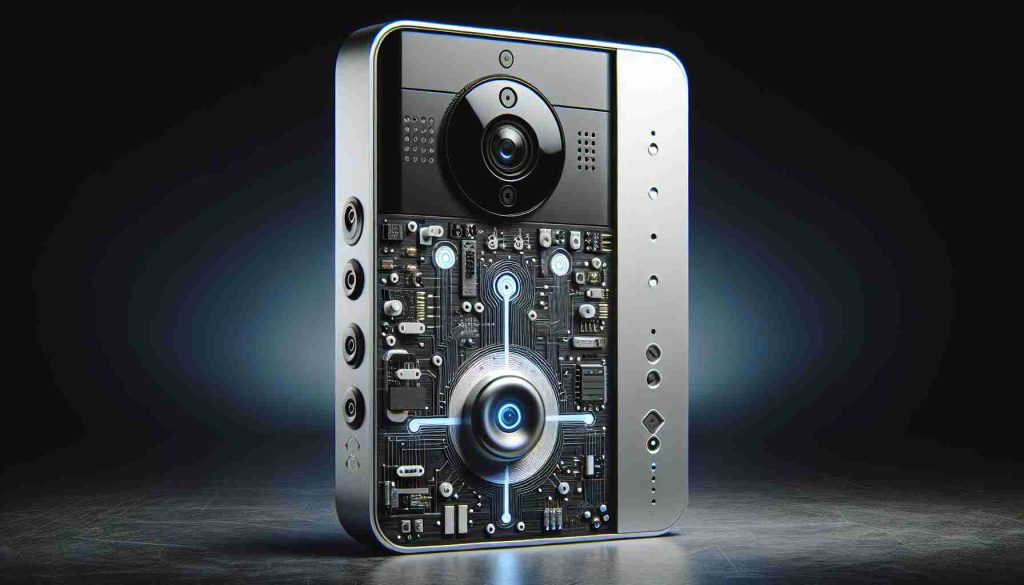Google’s latest introduction of the Pixel 9 series brought forth their cutting-edge Tensor G4 SoC, prioritizing advanced AI functionalities over raw power. This strategic shift marks a significant departure from conventional chipset design.
Soniya Jobanputra, a key figure in the Pixel division, emphasized the company’s focus on enhancing everyday user experiences through improved responsiveness during web browsing and app usage. Energy efficiency also took the forefront, evident in the Tensor G4’s reduced core count compared to its predecessor, resulting in comparable multi-core performance benchmarks.
According to Jobanputra, Google’s approach in SoC development centers on practical usage scenarios rather than achieving peak benchmark scores. The primary goal of the Tensor G4 is to meet the rising demand for advanced AI capabilities, exemplified by the localized execution of Gemini Nano in Multimodality – a unique feature thus far exclusive to Google smartphones.
The increased RAM across all Pixel 9 models enables swift and seamless operations, raising the question: is AI truly pivotal enough to redefine the smartphone landscape? Share your thoughts on the evolving role of AI in consumer technology.
The Evolution of AI in Modern Smartphones: Delving Deeper into Google’s Tensor G4 SoC and Its Implications
Google’s recent unveiling of the Pixel 9 series featuring the cutting-edge Tensor G4 SoC has sparked discussions surrounding the evolution of AI in modern smartphones. While the previous article touched on the strategic shift towards advanced AI functionalities, there are further fascinating aspects worth exploring.
What are the key advancements in the Tensor G4 SoC that differentiate it from conventional chipsets?
One remarkable aspect of the Tensor G4 SoC is its emphasis on energy efficiency without compromising performance. By opting for a reduced core count compared to its predecessor, Google has managed to achieve comparable multi-core performance benchmarks while enhancing power efficiency. This approach aligns with a broader trend in the industry towards prioritizing sustainable technology solutions.
What challenges or controversies are associated with the integration of advanced AI capabilities in smartphones?
One of the key challenges lies in balancing the trade-off between AI capabilities and user privacy. As smartphones become more adept at processing and analyzing data locally, concerns about data security and potential misuse of personal information have become more pronounced. Striking a balance between leveraging AI for enhanced user experiences and safeguarding user data remains a crucial challenge for manufacturers.
What are the potential advantages and disadvantages of AI-centric smartphones like the Pixel 9 series?
On the upside, smartphones equipped with advanced AI capabilities offer improved responsiveness, personalized user experiences, and enhanced computational efficiency. Features like Gemini Nano in Multimodality showcased in Google smartphones demonstrate the potential for AI to revolutionize everyday tasks. However, dependence on AI can also lead to concerns about over-reliance on automated decision-making processes, potentially reducing user agency and creativity in interactions with technology.
As the smartphone industry continues to integrate AI into device functionalities, it prompts a broader reflection on the evolving role of AI in consumer technology. The increasing focus on practical usage scenarios and personalized experiences indicates a shift towards human-centered design principles in tech development.
For further insights on AI advancements in smartphones and their implications for consumer technology, visit Google’s official website. Engage in discussions and share your perspectives on how AI is shaping the future of smart devices.























